Exclusive Free Gas Cards in 2024: (Need Money For Gas?)
Save fuel or gasoline money today for your vehicle quickly through free gas cards offered by several platforms and organizations covered here to their customers and ease your travel budget. Spend less at the gas station, drive further with us, and enjoy more to improve your experience.
In this article, we’ve comprehensively discussed the latest exclusive updates regarding how to get free gas or fuel for your car without paying anything. The low-income families and individuals, cancer patients, and homeless people can also benefit from our authentic resourced-based fuel card information.
Ultimate Guide: How To Get Free Gas?
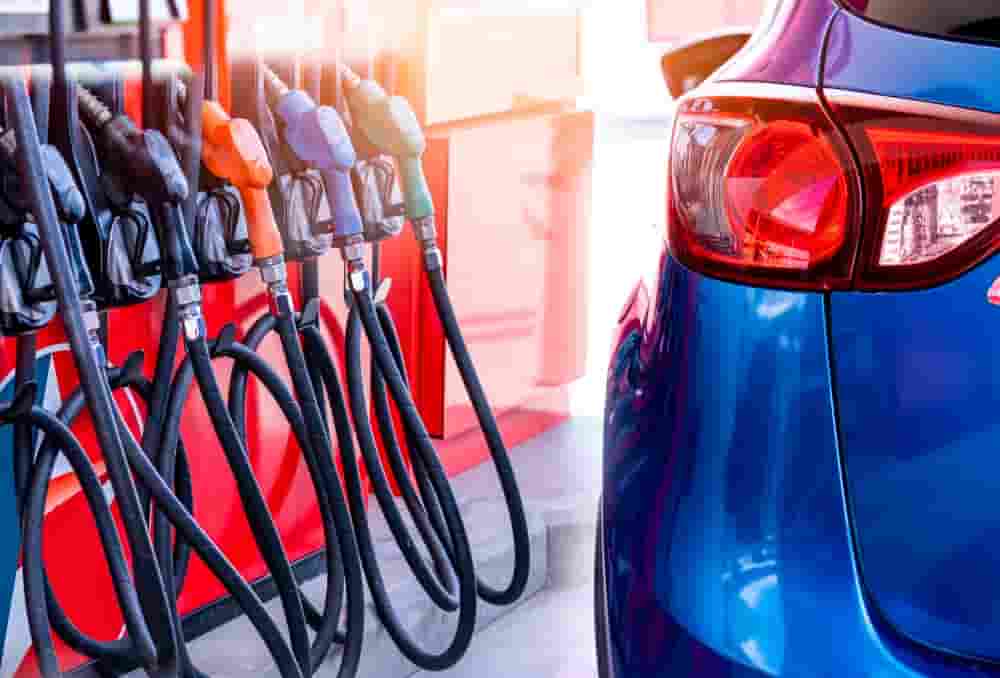
ExxonMobil Rewards+ and Shell Fuel Rewards legally offer free gas cards; several other profit or non-profit organizations exist to accommodate your fuel expenses. We’ve devised this ultimate guide to navigate you through legal ways to achieve financial freedom using fuel cards.
Top 5 Free Gas Card Companies
- American Express Blue Cash Preferred Card
- Upon purchasing at the U.S. Gas station, this card, with a $0 intro annual fee for the first year, offers a high percentage of cashback, which can effectively be used for free gas.
- Discover it® CashBack
- Get an unlimited dollar-for-dollar cashback match at the end of the first year. If you earn $100 cashback, they’ll give you another $100. Upon activation, you earn 5% cashback of up to $1500 each quarter.
- Chase Freedom Flex
- With exciting offers like 5% cash back in quarterly bonus categories like gas stations and grocery stores, and receive the cash benefits of up to $1500 in total combined category purchases.
- Costco Anywhere Visa Card by CITI
- Get worldwide cashback on gas and EV charging purchases based on eligibility for the first $7000 per year, and after that, continue to get 1% returns. Along with the gasoline saving, you also get the benefits of travel, restaurants, and other purchases.
- Bank of America Cash Rewards Credit Card
- Offering 3% cash back on the category of your choice, where you can select gasoline, and 2% on wholesale clubs and grocery stores, this card is a popular choice for many receiving benefits up to $2500 in total combined purchases each quarter.
Many grocery stores, credit card companies, retailers, car dealerships, and charitable organizations typically provide free gas cards online or offline as part of their promotional strategies.
Chase Credit Cards and Bank of American Cash Rewards Credit Cards are some companies offering free gas services to their customers. Further, lend your eyes here to learn more about the financial institution that can assist credit with petroleum and natural gas.
Introductory APR offers, and sign-up bonuses from the different payment networks are often attractive. Before purchasing these cards, please explore some essential factors for an informed decision.
- Rewards Rates per Dollar Spent
- Redemption Options Flexible Gas Station Choices
- Annual Fees Vs. Benefit Outweigh Ratio
- Interest Rates against the Cost of Fuel
- Card Acceptance to Specific Gas Stations
Free Gas Money Near Me
There are several other credit card issuers affiliated with free gas money that you would like to come across, such as Wells Fargo Propel American Express card, PenFed Platinum Rewards Visa Signature Card, U.S. Bank Cash+™ Visa Signature® Card, Sam’s Club Mastercard, and Marathon Visa® Credit Card.
You can also receive free gas money through multiple survey sites and cashback Apps; here, you can explore some popular and authentic sources.
- Survey Sites
- You spend your time answering the survey questions offered by the business and research institutions to analyze consumer behavior and their product interests, and in return, you get paid; the following sites might help you earn money, which you may utilize in your gasoline expenses.
- CashBack Apps
- You make online purchases for the other services through these Apps and get reward points redeemed to earn cash, which you can utilize as free gas money at any gas station or partnered gas pumps with the App provider.
The money obtained in ways we’ve discussed here can be utilized for multiple purposes according to needs and personal preferences. However, many gas pumps have a scheme of redeeming the customer-earned points through their partnered App provider at their station and get the gas benefits in return without pay.
See More: Impact of Gas Card Programs in Churches on Local Communities
Free Gas Cards For Cancer Patients
There are approximately 20 million new cancer cases every year globally, according to the International Agency for Research on Cancer (IARC), and out of which, 1.9 million cases belong to the United States alone. Federal and non-federal organizations continue to support them by providing gas cards. Mercy Medical Angels offers affordable transportation services for non-emergency medical patients.

With rising national average gas prices of around $3.821 and $4.553 regular and premium, respectively, you can understand the affordability dilemma of patients against the expensive cancer treatment cost.
Get a break from this budget trap and know how to get free gas cards for cancer patients to manage your gasoline expenses and frequently travel to and from your medical appointments.
American Cancer Society’s Road To Recovery
- This program is designed for the welfare of cancer patients offering multidimensional assistance. According to the needs and assessment of the patients, they might provide different help through their volunteers, including free gasoline assistance to ensure affordable transportation.
Patient Advocate Foundation (PAF)
- The Co-Pay Relief (CPR) Program operating under the Patient Advocate Foundation (PAF), works based on the financial needs of cancer patients and assists them in their medical treatment and drug expenses; often, they also include the transportation expenses of the patients.
Joe’s House
- This NGO (non-profit organization) is working towards providing cancer patients and their families the location or list of the places where they can stay, while not exclusively offering free gas cards near me program, but can help you find valuable gasoline resources without cost across the state.
While we know that Free Gas Cards For Cancer Patients sometimes become a compelling choice for many, as projected by the year 2040, the new cancer cases are expected to grow to 27.5 million with 16.3 million cancer death, the little care and contribution get counted for them.
See More: The Impact of Gas Programs on American Lives
Free Gas USA
Although people in America keep searching for free gas USA, our research teams have found this non-profit organization to be dissolved during the pandemic.
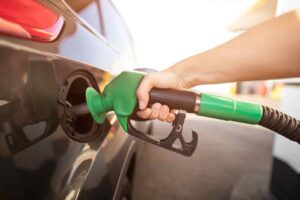
There’s no point here to talk about it, however, the good news is that we have found the alternative to this free gas USA that provides fuel grants and gas cards for free to the financially distressed people in America.
There are other non-profit organizations, faith-based programs, and community groups that alter the free gas USA by supplying immediate assistance if you need gas money now.
The following 7 best organizations might help you with free gas cards near me. You can go to their website with the provided links here for convenience.
- The Salvation Army
- Catholic Charities
- United Way
- St. Vincent de Paul
- 211 Services
- Love INC
- Modest Needs
Free Gas Cards For Low-Income
Getting help with free gas cards for low-income families and individuals is not that difficult. With the right resources, you’ll feel empowered and prepared. Being ready to seek knowledge is crucial before entering the gasoline services arena.
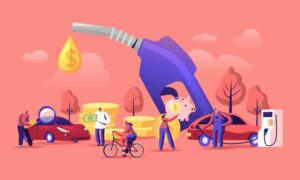
Always remember, free gas cards for low incomes families are available to eligible recipients considering the various factors. Gas stations maintain their fuel prices to availability, resources, and usage. When you urgently need gas money now, there will always be these three factors equation to reflect global supply and demand considerations.
- Proof of Income
- Income Threshold
- Employment Status
- Residency
- Specific Needs
- Size of Households
- Existing Situations
- Recipient of Other Programs or Benefits
- Duration Since Last Assitance
- Vehicle Ownership
- Lack of Alternatives
- Referrals
- Background Checks
The assistance supported by the free gas cards for low-income families and individuals might require you to check out your income level or proof of income since the benefits would be based on the federal poverty level or above a certain percentage of it.
Your current employment status and enrollment in federal or non-federal program benefits would also be scrutinized, and based on that, the benefit amount in the form of free gas cards for low income families and individuals would be decided.
Below is the federal poverty level (FPL) overview for the year 2024, which is subject to change over a period of time and is dependent on the size of the family or household. Here, at Federal Poverty Level (FPL) 2024, you can learn about brief measurements and comparable data to the previous years.
| Sr No. | Family Size | FPL Amount 2024/ Year |
|---|---|---|
| 1 | For Individuals | $14580 |
| 2 | For the Family of 2 | $19720 |
| 3 | For the Family of 3 | $24860 |
| 4 | For the Family of 4 | $30000 |
| 5 | For the Family of 5 | $35140 |
| 6 | For the Family of 6 | $40280 |
| 7 | For the Family of 7 | $45420 |
| 8 | For the Family of 8 | $50560 |
| 9 | For the Family of 9 OR Above | Adding $5140 for each extra person. |
The following is the 9 resources or organization through which you can get free gas cards for low income families and help others connect to or directly contact the program authority or administration block.
- The Salvation Army
- Catholic Charities
- United Way
- St. Vincent de Paul
- Local Nonprofits and Charities
- Local Department of Social Services
- 211 Services
- Government Programs
- Local Churches That Help With Gas Vouchers
Free Gas Cards For Homeless
More than 580,460 homeless individuals exist in the United States of America, with New York City having the maximum number of homeless. The transportation assistance would give a breath to homeless people to have a vehicle of their own, including free gas cards to manage their fuel expenses.
Several profit and non-profit organizations, including the government, can have associations with multiple gas stations. The following potential resources might aid the traveling issues and provide free gas cards for homeless people. Discover how churches generously offer support with gas cards here.
- Local Homeless Shelters and Social Services
- Salvation Army
- Catholic Charities
- United Way
- 211 Services
- Local Churches and Religious Organizations
See More: Successful Gas Card Programs and Their Strategies
Gas Stations Free Gas Chicago
Lookout for promotional events, charity and assistance programs, loyalty platforms, and Mobile Apps providing gas stations free gas Chicago, GasBuddy, or Upside can be applicable there. It’s beneficial to stay updated with their latest schemes and policy changes.
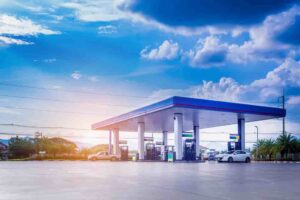
If you’re undergoing financial hardships, contacting federal agencies or religious groups would help you to assist further, not only if you need money for gas but also paying the electricity bills, house rent, household utilities, and other survival requirements.
According to the American Community Survey (ACS), under the U.S Censure Bureau, over 16.4% population in Chicago is undergoing poverty compared to 12.3% in the U.S., with almost a 23.2% of child poverty rate in the city.
This data alone suggests the urgency of the need while providing gas stations free gas Chicago not only helps in the fuel budget but also enhances the individual’s lifestyle and employment opportunities by promoting road transportation and infrastructure in the city.
You might encounter the following gas stations near Chicago while seeking gasoline services that would ease your urgent fuel requirements.
- Shell
- British Petroleum (BP)
- Speedway
- Marathon
- Citgo
- 7-Eleven
- Thorntons
How to Get Free Gas Vouchers Online
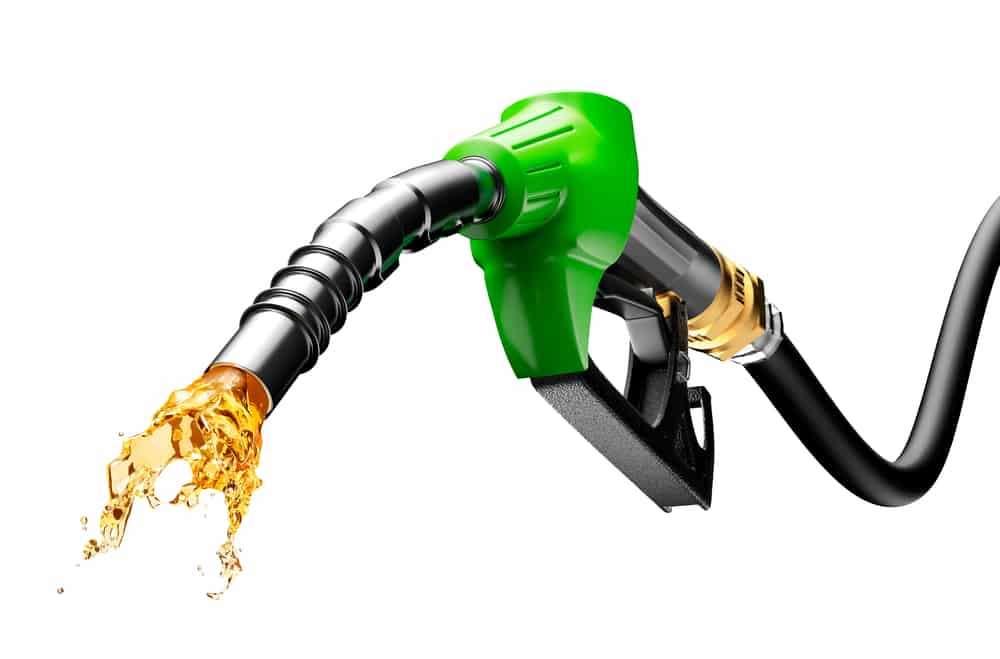
Some platforms give away free gas vouchers as a strategic partnership with different gas stations to promote the social inclusion and welfare of the people striving to get into the urban lifestyle that rotates around roads and vehicles.
Many people in the United States plan their travel around their budget and the fluctuating fuel prices, seeking efficient ways to navigate the situation.
Here, you can explore specific Non-Profit Organizations (NGOs) supplying free gas vouchers across the U.S. Although, you must contact the nearest religious or church authorities to get the latest updates on their provision of assistance.
- The Salvation Army
- Catholic Charities
- United Way
- Love INC
- St. Vincent de Paul
- American Cancer Society
- Modest Needs
Conclusion
Looking out for gasoline services isn’t a bad deal if you have authentic and legal sources of information well-researched for your needs. In this article, learn about free gas cards for low-income families, homeless individuals, and cancer patients and how to get gas money and vouchers. The Chicago City gas stations and the latest year’s federal poverty level (FPL) have been included to help you achieve the gasoline benefits.
FAQs
What to do if I need gas and have no money?
You can check out your nearest religious organization, faith-based programs, and some financial institutions or non-profit organizations offering free gas cards for low-income families and individuals.
What if I Need Gas Money Right Now?
To resolve your issues urgently, call 211 services or find the local community group or nearby gas stations and ask for ways to get free gas. They can probably guide you well with authentic resources to know how to get a free gas card.
How to Get Gas With No money?
The salvation army, United Way, and catholic charities assist with free gasoline. You can also seek help with gas for cars from several companies providing credit cards.
How to get free gas at the pump?
Find out the particular gas station or pump and ask for the free gas card program acceptance and affiliation; these stations are affiliated or partnered with gasoline companies that strategically promote the free gas to increase sales.



